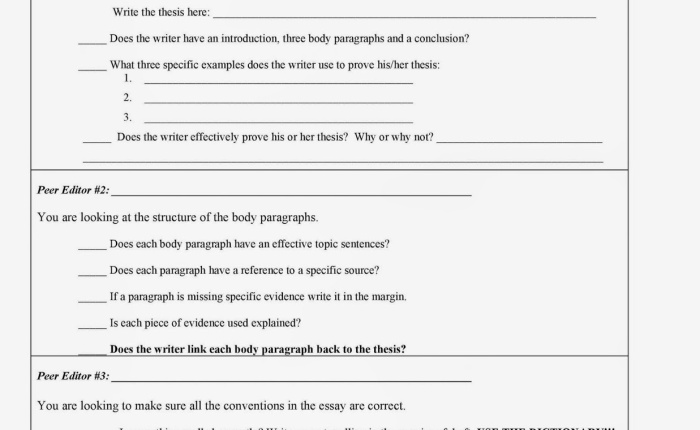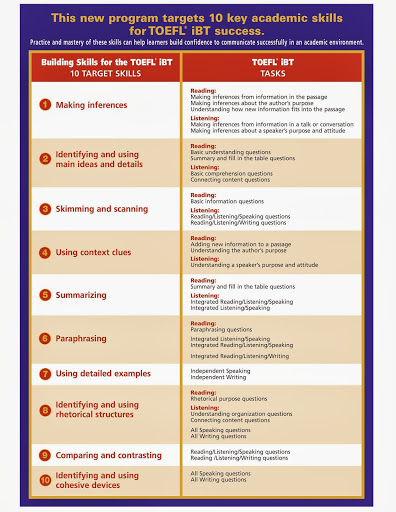One of the most challenging skills for students to develop is the ability to speak at length coherently. While the Ask-Answer-Add method is fantastic for teaching and practicing conversation patterns, high-stakes exams, such as TOEFL iBT, Pearson Test of English, and IELTS, essentially require students to deliver monologues.
Therefore, the question becomes how do we have students practice delivering extended speech in an engaging manner?
Enter “Speaking Dice”

Continue reading “Using Dice for Practicing Extended Speaking”









